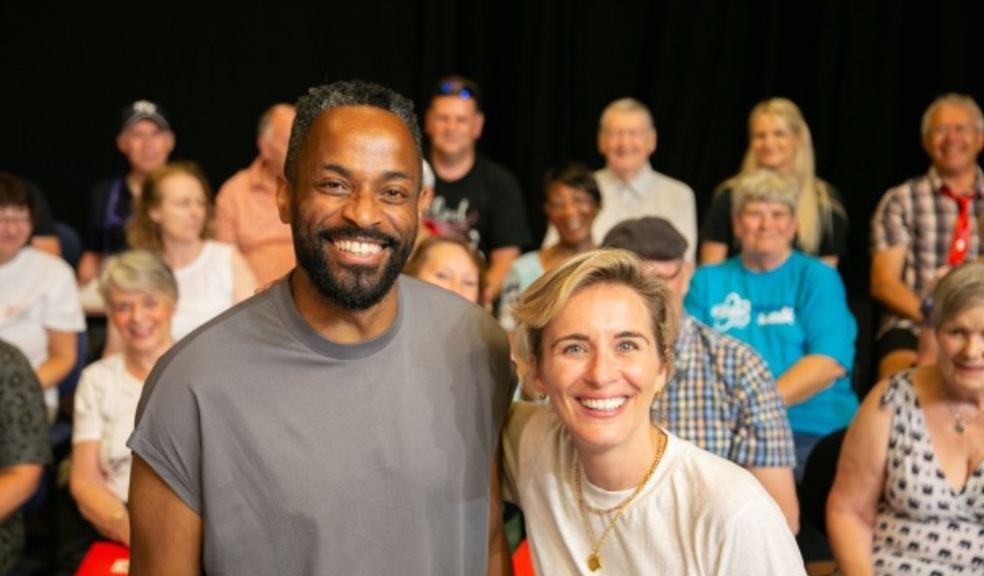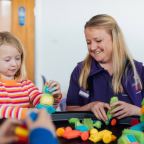
Chance for more people affected by dementia in Devon to experience the joy of singing
Interest in singing groups for people living with dementia has soared in Devon thanks to a moving two-part documentary fronted by TV star Vicky McClure, says Alzheimer’s Society.
Following last night’s final episode of the BBC One show ‘Our Dementia Choir Sings Again’, the charity has recorded a marked increase in enquiries about its popular Singing for the Brain service.
In the programme Line of Duty star Vicky, an Alzheimer’s Society ambassador, shines a light on the connection between music and memory and how participation in singing groups can benefit people living with dementia.
Since the first of the two episodes was aired on October 10, sign-ups from organisations and individuals interested in becoming a Singing for the Brain delivery partner have almost trebled.
Singing for the Brain is an uplifting and stimulating group activity, built around familiar and new songs, with fun vocal warm-ups. There are already more than 250 Alzheimer’s Society and delivery partner-run groups in the UK, including 37 groups set up across the South West but, Alzheimer’s Society wants more people in Devon to benefit.
The charity has created bespoke training to care providers, organisations or individuals across the UK, with an interest in music, to run their own group and become a Singing for the Brain delivery partner. They will provide partners with the support and resources to successfully do this.
On average, Alzheimer’s Society receives two to three online registration forms to become a Singing for the Brain delivery partner a day.
Since Vicky McClure’s choir documentary aired on Monday 10 and 17 October, there have been almost 60 new registration forms submitted to the charity, three times more than normal.
There are more than 14,910 people estimated to be living with dementia in Devon. Singing for the Brain helps to reduce social isolation, improve quality of life, wellbeing and mood.
Derek Dodd, Alzheimer’s Society Area Manager in Devon, said: “Music memory is often retained when other memories are lost. Singing for the Brain can help people, even in advanced stages of dementia, to tap into long-term memories linked to music and song – for some, this can mean they can communicate through singing when no longer able to do so through speech.
“We are changing the way we provide support for people affected by dementia in the community so we can reach more people through delivery partners. We want more people to benefit from our popular Singing for the Brain service.
“Too many face dementia alone. We want everyone affected by dementia to know that whoever you are, whatever you’re going through, you can turn to Alzheimer’s Society for practical advice, emotional support and guidance for the best next step.”
To find out more, join a group or to register your interest to become a Singing for the Brain delivery partner, visit alzheimers.org.uk/singingforthebrain













